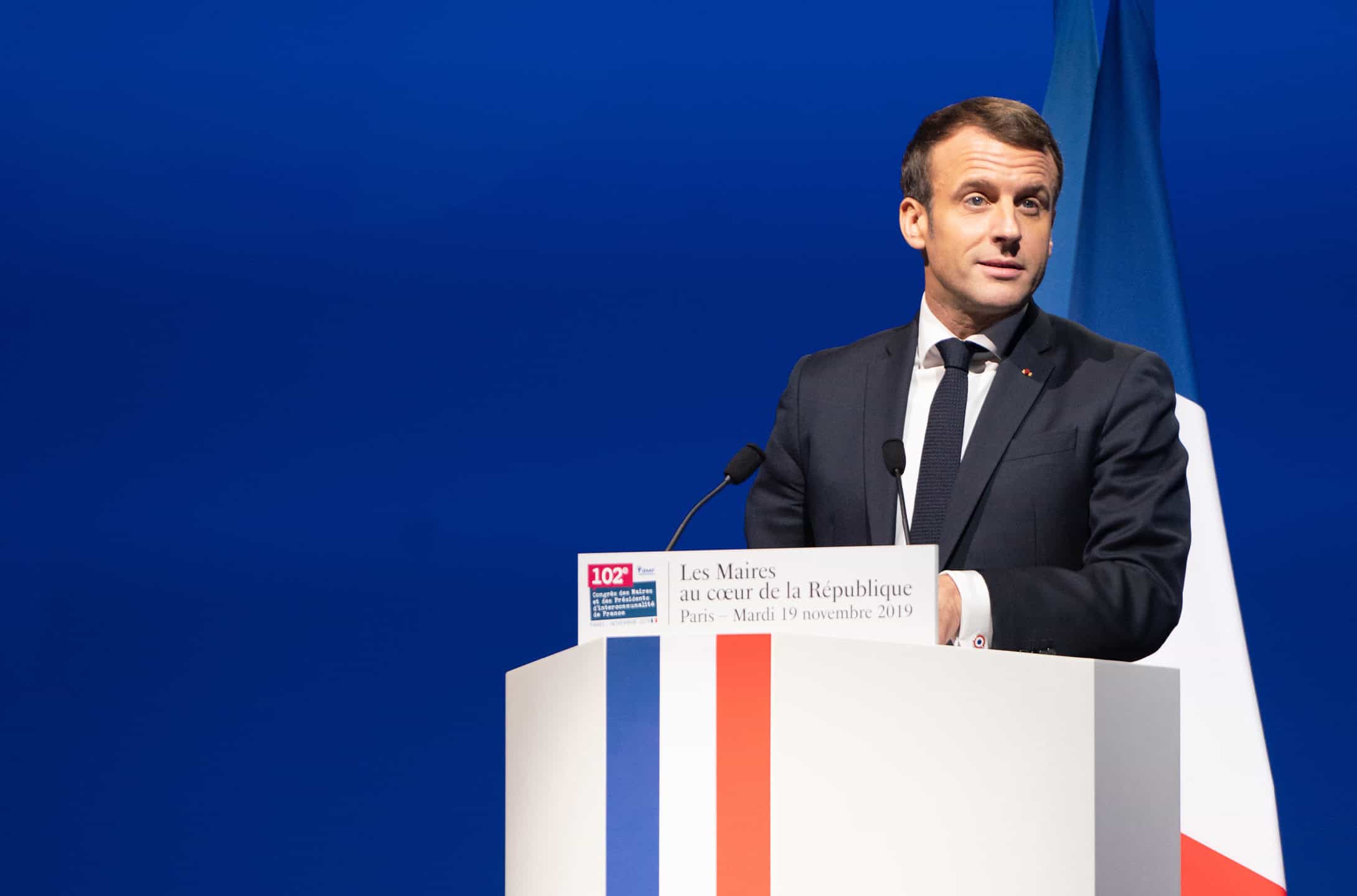“Scratch a liberal and a fascist bleeds” remains a sharp critique from the left. It suggests that a liberal only maintains their political stance under fair-weather conditions, but would ultimately side with the right and betray their professed ideology when faced with the possibility of actual leftist rule.
I believe the recent French legislative election, held on June 30 and July 7 across two rounds, is a salient example of this phenomenon. Despite the left-wing coalition New Popular Front (NFP) winning the popular vote and securing the majority seats in the French parliament, there is not a single NFP member among the major French ministers. Instead, in the aftermath of the legislative election in September, French President and leader of the centrist party, Emmanuel Macron, appointed conservative politician Michael Barnier as Prime Minister.
This decision followed Macron’s dissolving the parliament in June and subsequently calling for snap elections — ordering the legislative election much earlier than originally scheduled for 2027 — which he said was to prevent the far-right from coming to power in France. Macron stated that he could not be resigned to the far-right’s progress “everywhere in the continent.” News outlets described the new ruling government in France as being “dominated by conservatives and centrists,” but I think this is a significant understatement.
I believe Macron violated the French people’s trust by playing into the hands of the conservatives and far-right. By trusting their left-wing leader, the French were dealt a government dominated by conservatives. Meanwhile, in Canada, we seem to be facing an inverse problem: the Canadian public is turning toward conservative leadership due to a lack of trust in the current left-wing leadership.
Macron’s betrayal
In a speech, Macron described the snap elections as an “act of trust,” claiming he was dissolving the parliament to give the French people the power to decide and prevent the further rise of the far-right. In response, various leftist parties rallied together, calling for unity to prevent the far-right from coming to power.
But in my opinion, it was Macron who betrayed the trust of the people by allowing France to be governed by conservatives at the ministerial level. Cabinet members in France are not solely appointed by the prime minister; they must be selected between the prime minister and the president’s agreement. As such, Macron was complicit in forming a cabinet completely devoid of France’s most popular party’s representation.
Following the NFP’s victory, Macron released a “letter to the French people” declaring that “no one has won,” referencing how no single party won a majority in parliament. While the NFP won more seats than any other party, it lacked the absolute majority required for one party to govern alone. However, Macron’s refusal to appoint NFP-endorsed candidate Lucie Castets as prime minister suggested to me that his “no one has won” sentiment applied exclusively to the NFP.
The French people placed their trust in Macron, which he thanked them for by completely sidelining the resurgent left and handing the reins to a conservative coalition that would dance to the far-right’s tune.
Poilievre and ‘reasonable conservatives’
Similarly, Canadians should be careful when placing their trust in liberal politicians. In May 2023, the NDP criticized Prime Minister Justin Trudeau for rising housing prices, his unfulfilled environmental commitments, and for allowing anti-abortion organizations to maintain charity status.
In May 2024, a commentator at the National Post criticized Trudeau for distancing himself from provincial premiers, centralizing power in the Prime Minister’s Office despite promises of decentralization, and overseeing stagnant economic growth. These evident Liberal missteps are eroding the party’s popularity, seemingly guaranteeing a Conservative victory in the upcoming federal election.
Depending on who you ask, a Conservative victory might be seen as positive. After nearly a decade of Liberal rule, some might welcome new faces with fresh approaches. But I wouldn’t go that far.
Among other conservative-populist policies Canadians may recognize from their southern neighbours, Poillievre has promised to cut immigration, lower taxes, and cap federal spending. Although he has tried to present himself as a reasonable politician, Poilievre failed to condemn Canada-based white nationalist group Diagolon during an April parliamentary hearing after the group’s symbol was seen on a trailer truck Poillievre entered while attending an anti-carbon tax protest.
In the same hearing, Poilievre called Trudeau a “wacko” for the prime minister’s support of British Columbia’s drug decriminalization policy and was subsequently kicked out of parliament.
Turning toward community
I believe there is a valuable lesson to be drawn from these two cases — our engagement in politics should not be limited to relying on and trusting our politicians to enact changes. I see ample evidence that most politicians, perhaps not due to personal fault but rather the structures they operate within, are incapable of enacting proactive, meaningful change.
The French people put their trust in their political leadership, only to be handed a conservative government. The Canadian public, having lost trust in their political leader, will probably be dealt a conservative government. Is there no alternative?
I believe it is time to turn toward our communities and support local organizations that are making tangible efforts to better the lives of those who need it most. For example, the Democratic Socialists of Canada’s tenant organizing program advocates against paying exorbitant rent for sub-par landlord service. There are also community-specific groups like the Jane and Finch Action against Poverty organization which works on combating economic inequality in their community and holds events educating its residents on various governmental aid programs.
Any change, no matter how small, makes an impact. As Vladimir Lenin once said, “There are decades where nothing happens; and there are weeks where decades happen.”
Oleksii Varlamov is a third-year student at St. Michael’s College studying philosophy. He is the secretary of the Philosophy Course Union and an International Affairs columnist for The Varsity’s Opinion section.



No comments to display.